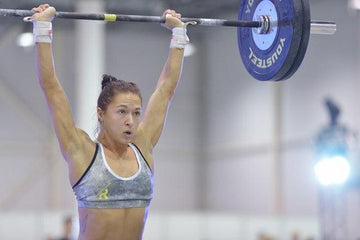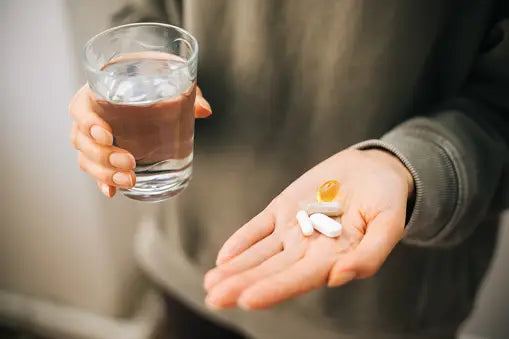

2 g of Creatine: No Water Retention/Weight Gain for Women
Table of Contents
2 g of Creatine: No Water Retention/Weight Gain for Women
The use of creatine supplements is well established for athletes seeking to gain an edge in their performance and recovery within multiple athletic and fitness fields. Consequently, creatine has become the biggest selling sports supplement in the country, and it’s widely used by football and baseball players, weight lifters, bodybuilders, MMAers, cross-fitters, sprinters, and millions of fitness buffs. Creatine is by far the most effective, legal sports supplement on the market. Creatine has it been show to enhance explosive strength in numerous well-controlled studies, but when consumed in large doses the user actually increases water retention.
Most women avoid taking creatine because they are fearful of excess weight gain. Previous research has shown that creatine loading with 20-30 grams a day of creatine can result in water retention. During the loading phase of creatine, as creatine becomes saturated in the cell, an increasing amount of water is drawn into the muscle cell to compensate for the increased concentration of creatine in the cell. This loading process, therefore, typically results in a water weight gain of a pound or two (or more). Women should realize that the water retention effects of creatine can be completely avoided if low doses are consumed.

Researchers examined the effects of 6 wk of low-dose creatine supplementation on body composition, muscle function, and body creatine retention. Twenty healthy men and women were randomized to receive creatine (≈2.3 grams per day) or placebo for 6 wk in a double-blind placebo-controlled fashion. Participants were tested on two occasions before supplementation to establish a reliable baseline, and then were retested after supplementation. Testing included body composition, maximal strength (three-repetition maximal concentric knee extension at 180 degrees/s), muscle fatigue (five sets of 30 concentric knee extensions at 180 degrees/s), and plasma creatine concentration. There were no significant differences in body mass, fat-free mass, fat mass, body fat percentage, total body water, or maximal strength in either group from before to after supplementation. After supplementation, plasma creatine increased significantly in the creatine group, with no difference in the placebo group. Compared with baseline values, creatine-supplemented volunteers were more resistant to fatigue during sets 2. In placebo-supplemented participants, there was no improvement in fatigue resistance during sets 2. Ingesting a low dose (≈2.3 g/d) of creatine for 6 wk significantly increased plasma creatine concentration and enhanced resistance to fatigue during repeated bouts of high-intensity contractions.
Rawson ES, Stec MJ, Frederickson SJ, Miles MP. Low-dose creatine supplementation enhances fatigue resistance in the absence of weight gain. Nutrition. 2011 Apr;27(4):451-5.
















